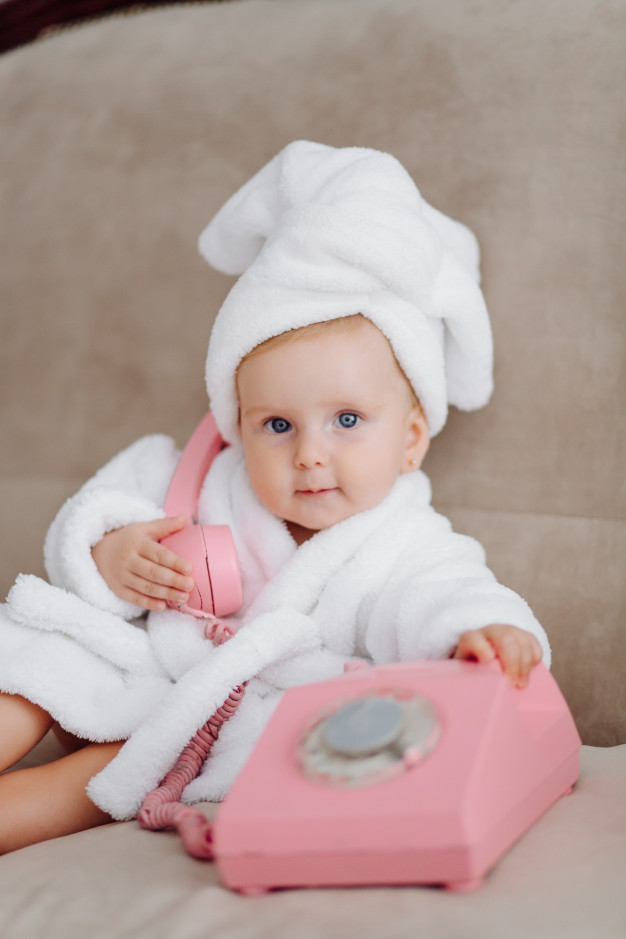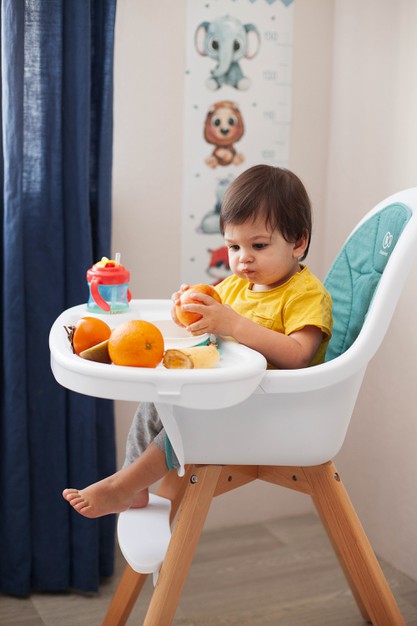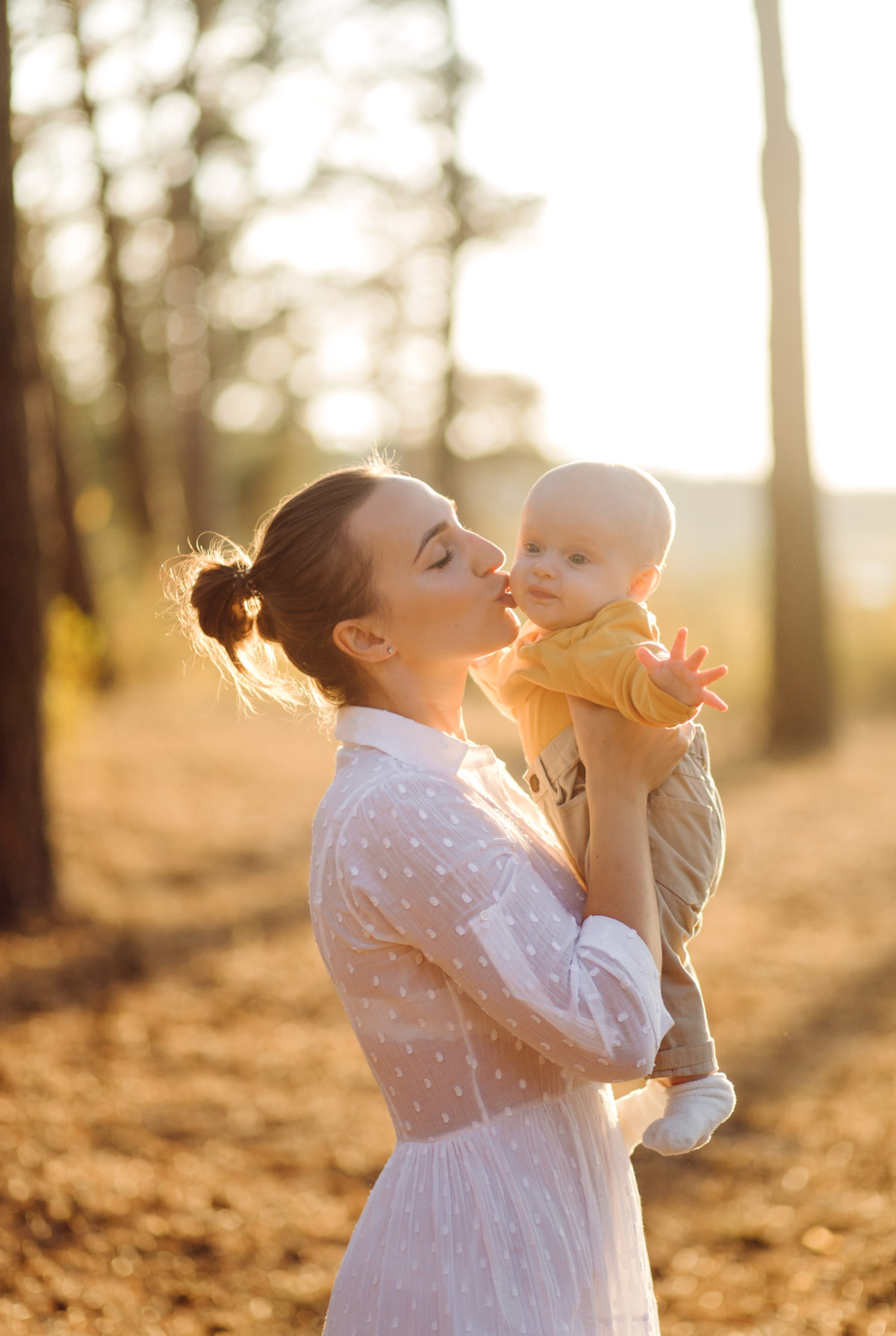How can two or three children in the same family be so different? They are brought up in the same broad social environment, under a similar set of rules and an identical family value system. Even with a same genetic pool, they can still be so different in personality, interests and achievement.
It is useful to look at how a child’s position in the family impacts on their development. The position a child has in their family is a predictor only of personality, but a powerful predictor nonetheless. It is definitely a factor that parents need to consider as we look for ways to raise happy, well-adjusted and confident children.
The birth order layer
There’s a rich vein of information about each child at your fingertips that’s often unrecognised or ignored by adults. Birth order knowledge adds a wonderful layer to your understanding of what makes kids tick, and how you should parent. Let’s look at some of the characteristics of each of the birth order layers.
The first born child
First borns are born into a treasured yet pressured position. They are usually the objects of great delight in a family. Parents and grandparents often overdo everything with first borns. They are the centre of attention, which is an obvious plus if you are a first-born child.
The flipside to this adulation is that first borns are coached, prodded and pushed to perform. The expectations are high for first borns, so pressure is something they know all about. They fear failure, so they often steer away from areas where they can’t excel. They tend to narrow their options by sticking to the safest path.
First borns spend more of their time with adults and learn more from adults than subsequent children in the family. Spending more time around adults lends itself to high quality language development.
Unhappy with ‘dethronement’ (the arrival of another child), the first born child does everything their power to retain the favoured first position. They will go to great lengths to impress upon their parents the second born’s shortcomings. The arrival of another sibling also typically brings about added responsibility to the first born.
First borns are pioneers for parents and for any children that follow. Parents are usually hardest on their first borns in terms of discipline and they loosen up as they move further down the family.
Tips for parenting first born children
- Encourage rather than criticise
- Flaunt your imperfections
- Give them some special privileges that go with being the eldest
To find out a whole lot more about first born children, including the three main types, characteristics, traits and more, grab a copy of the book Why first borns rule the world and last ones want to change it.
The second or middle child
Second or middle born children are casualties of bad timing. Born too late to get the perks, privileges and adoration of being born first and born too early to get the easy ride that youngest receive, middles often feel squeezed between these two siblings and wonder “Why me?” or “It’s not fair!”.
The positive side to middle born children is that as they are squeezed between two siblings, they become strong and vocal negotiators, and generally develop an adept set of people skills for outside of the family circle. Middle children tend to spend more time with children that aren’t in their family, to avoid the frustration of being an outsider in the family. They subsequently end up with more friends and social connections than their elder siblings.
Middle-born children have expectations grounded in reality, which gives them a significant lead in the resilience stakes over their siblings. They are generally more independent and mentally tougher than any other birth position. While this is a positive characteristic, middle borns are the people least likely to reach out for help when they need it. They are also renowned for being secretive, confiding in friends more than family members about their joys and problems. They learn early in life to play their cards close to their chest as they can get burned when insensitive siblings have access to their feelings.
Youngest children
Youngest children often experience a more relaxed parenting style so we often have to put pressure on them to do their best.
Youngest children in the family are typically charmers and manipulators. They love to get their own way – and they invariably do. They are in the fortunate position of having a sibling break their parents in for them and they don’t have the pressures of the first born.
Youngest are often babied, spoiled, affectionate, outgoing and uncomplicated. The pressure is off the last borns in terms of having to meet their parents’ high expectations so they are more likely to achieve in their own ways. Creative, artistic pursuits tend to be filled with last born children.
One of the traits many last borns share is persistence. They learn when they are young that if they persist with what they want they will outlast their siblings and wear their parents down eventually. Persistence is a characteristic that pays off for this group.
Last borns tend to be more impetuous – they act now and worry about the repercussions later. The positive is that they are more likely to stretch themselves and try new experiences than their siblings.
Last borns can appear a little self-centred, which is probably due to the fact that they tend to do less at home to help others. There are bigger, more capable siblings at home to take all the responsibilities so youngest children can easily grow up with an ‘I’m here to be served’ attitude. It is important to give youngest borns plenty of opportunities to help around the home.














